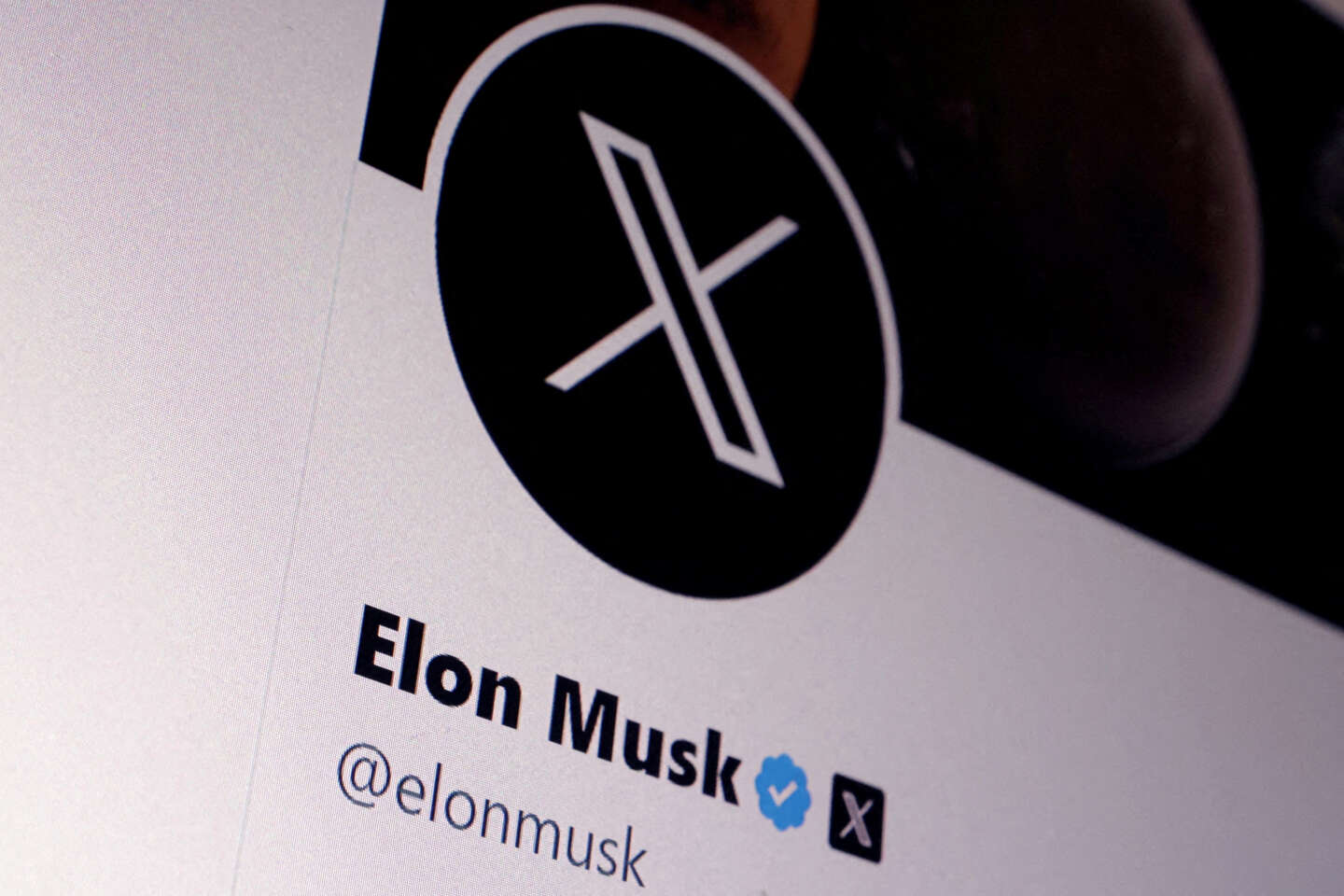
The European Union has announced that the blue checkmarks on Elon Musk’s platform, X, violate the bloc’s social media laws. These checkmarks, which cost $8 for verification, are seen as “dark patterns” designed to encourage users to spend money.
On Friday, the European Union stated that X’s blue checkmarks are deceptive, indicating the platform’s lack of transparency and accountability, marking the first such charges since the new social media regulations were enacted. The European Commission released its preliminary findings from an investigation into X, formerly known as Twitter, under the Digital Services Act (DSA).
Digital Services Act Requirements
The DSA, a comprehensive set of regulations, requires platforms to protect their European users and remove harmful or illegal content, with substantial fines for non-compliance. Regulators criticized X’s blue checkmarks, stating they mislead users and deviate from industry best practices.
Before Musk’s acquisition in 2022, these checkmarks were reserved for public figures like celebrities and politicians. After the acquisition, anyone could get a blue check by paying $8 per month, which the commission says undermines users’ ability to determine account authenticity.
European Commissioner Thierry Breton remarked, “BlueChecks used to mean trustworthy sources of information. Now with X, our preliminary view is that they deceive users and infringe the DSA.”
Ad Transparency Issues
The commission also accused X of not complying with ad transparency rules. The DSA requires platforms to maintain a searchable and reliable database of all digital advertisements, detailing who paid for them and the intended audience. X’s ad database, however, is reportedly difficult to search and has access barriers that impede transparency, making it hard for researchers to study emerging risks from online ads.
Researchers’ Data Access
Additionally, the commission noted that X fails to provide researchers with adequate access to public data. The DSA requires platforms to allow researchers to scrutinize their operations and online risks. Researchers cannot independently access data by scraping the site, and the process to request access through X’s interface is discouraging and costly.
X now has several months to respond to these allegations and make necessary changes to comply with the DSA. If the commission is not satisfied, it could impose fines of up to 6% of the company’s annual global revenue and order it to rectify the issues.
These findings are part of a broader investigation into X’s efforts to curb illegal content, such as hate speech and terrorism incitement, and the effectiveness of its Community Notes fact-checking feature.
Elon Musk responded on X, expressing readiness for a public court battle to reveal the truth to Europeans, and claimed the Commission offered X an illegal secret deal to censor speech, which it refused. EU industry chief Thierry Breton denied any secret deal and invited X to offer commitments or face legal procedures.
Other platforms, including TikTok, AliExpress, and Meta Platforms (owner of Facebook and Instagram), are also under ongoing DSA investigations.
Featured Image courtesy of DADO RUVIC/REUTERS
Follow us for the latest report on the EU’s crackdown on X and other major tech stories.
